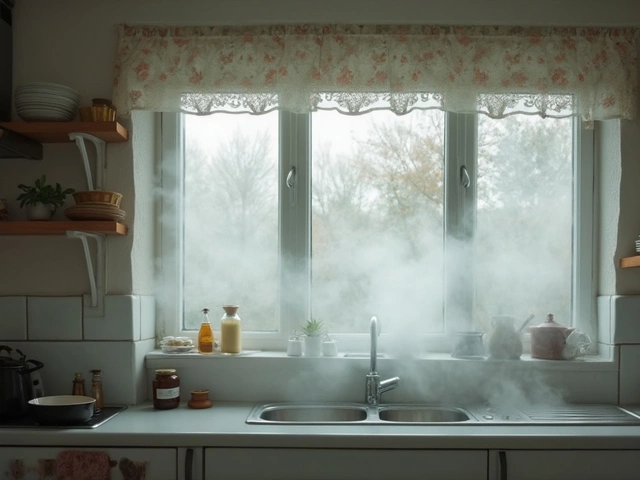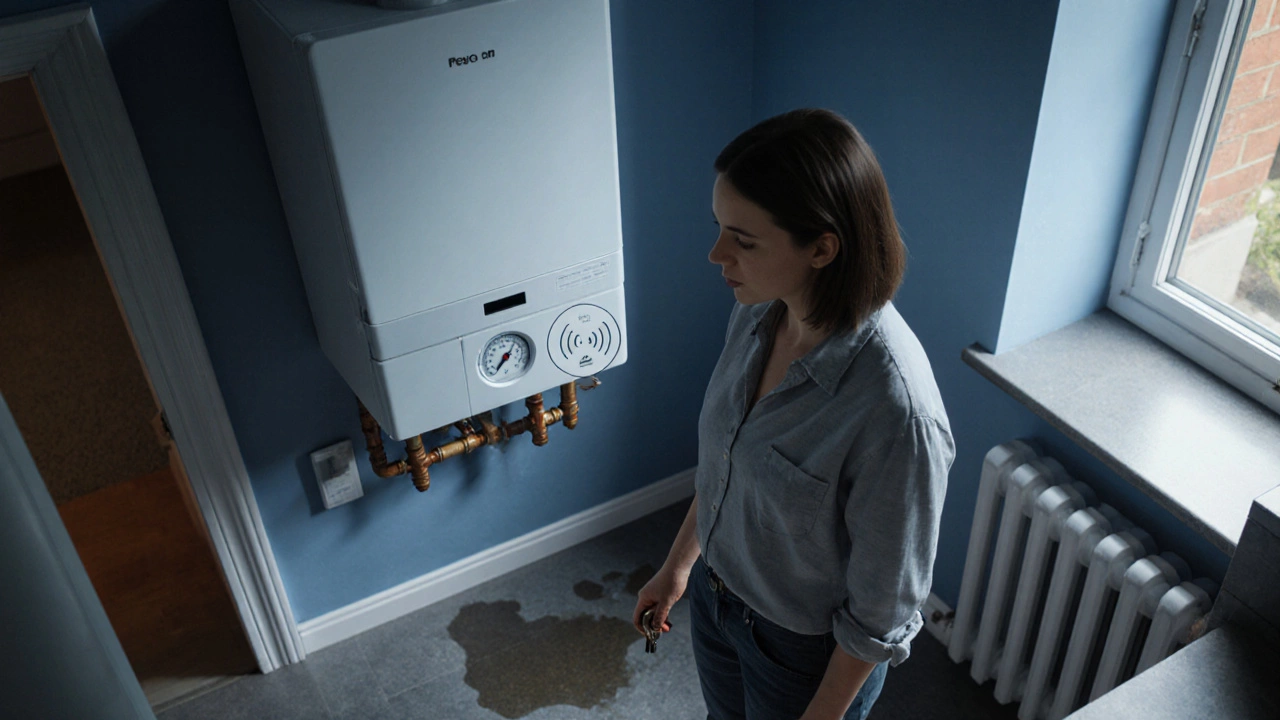Boiler Warning Signs: What to Look For Before a Breakdown
When dealing with Boiler warning signs, the early indicators that your heating unit is struggling. Also known as boiler alerts, they help you catch issues before you lose heat or hot water. Recognising these signs saves money, prevents dangerous gas leaks, and keeps your home comfortable.
Why Boiler Lifespan Matters
One of the most useful related concepts is Boiler lifespan, the typical years a boiler operates efficiently before major wear sets in. Older units tend to show more frequent warning signs such as reduced pressure, strange noises, or irregular cycling. Knowing that a boiler usually lasts 10‑15 years lets you weigh repair costs against the likely remaining life. In practice, a 12‑year‑old boiler that starts sputtering might be a candidate for replacement rather than endless fixes.
That brings us to another key entity: Boiler replacement costs, the total expense of removing an old unit and installing a new, energy‑efficient model. This figure includes the boiler price, labour, and any necessary pipe or control upgrades. When a warning sign signals a failing heat exchanger, the repair bill can quickly approach the cost of a new system, making replacement the smarter choice. Understanding this cost‑benefit link helps you decide whether to call a technician or start shopping for a new boiler.
A functioning heating system, the network of boiler, radiators, and controls that distributes warmth relies on several components working together. If the boiler shows low pressure, the entire system may lose efficiency, leading to cold spots in rooms. Likewise, a broken pump can trigger the same warning signs—odd sounds, longer start‑up times, and higher energy bills. By viewing warning signs as symptoms of a broader heating system issue, you can diagnose problems more accurately and avoid patch‑work fixes that don’t address the root cause.
Hot water issues often accompany boiler trouble, so it’s worth mentioning hot water issues, problems like lukewarm showers or no hot water at all caused by boiler faults. A sudden loss of hot water usually points to a failing thermostat, a broken diverter valve, or a pressure drop—each of which also appears as a warning sign on the boiler itself. Checking the pressure gauge and listening for irregular clicks can quickly tell you whether the problem lies in the boiler or elsewhere in the water heating loop.
Putting these pieces together, you can build a simple checklist: look for odd noises, monitor pressure levels, test hot water performance, and note any error codes on the display panel. If any of these symptoms appear, schedule a professional inspection right away. Early action not only prevents a cold house but also protects you from costly emergency repairs.
Below you’ll find a curated set of articles that dive deeper into each of these topics—from detailed guides on spotting boiler faults to cost‑breakdown tools for replacements. Use them to sharpen your knowledge, decide what action to take, and keep your heating system running smoothly throughout the year.






